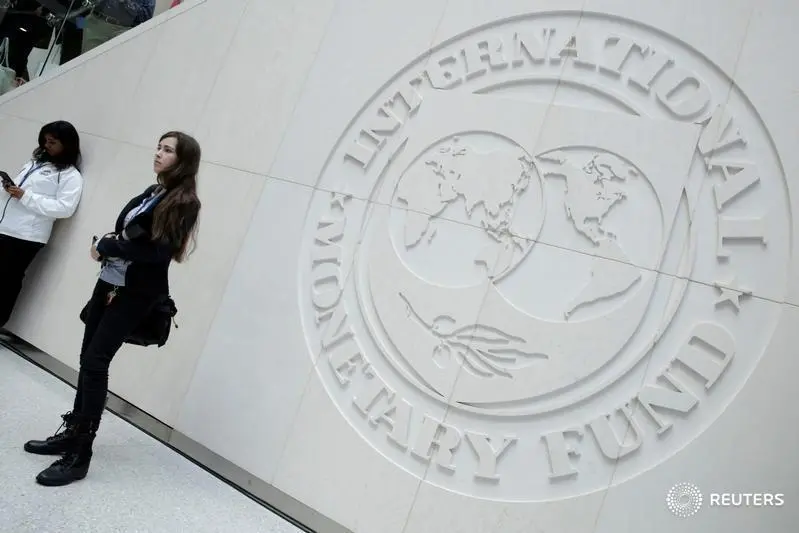PHOTO
The oil producers among the GCC states will see their economic recovery continuing into the next year, according to the IMF’s regional director.
Oil producers among the GCC states will see the momentum of their economic recovery carrying over into next year, according to the International Monetary Fund’s (IMF) regional director.
Speaking at a press conference in Dubai on Monday, Jihad Azour said oil producers in the region had seen fast recovery since COVID-19, while oil importers had already seen gradual slowdown, and this is expected to continue as the global outlook remains negative over the next 12-18 months.
Azour, director Middle East and Central Asia, said of the region’s oil producers: “The drive, in terms of the recovery of the non-oil sector, is continuing this year and next. When it comes to the oil, it definitely depends on demand and price and the level of export.”
Of oil importing countries, he said almost two thirds in the region had witnessed gradual slowdown, which was expected because of repercussions of the global slowdown and the impact of monetary policy to address inflation and rising interest rates.
He said the worsening global outlook is gradually impacting the performance of the economies in the region.
“We expect this global outlook to remain negative over the next 12-18 months, with the impact of tightening monetary policy, the level of uncertainty that remains very high, and the impact of the war in Ukraine on food security and other issues, therefore we expect a gradual slowdown of most of the other countries in the region.”
Growth for the region’s oil producing nations will average 5.2% 2022, up from 4.5% in 2021, then slowing to 3.5% in 2023 as OPEC+ production wanes, oil prices ease and global demand slows, Azour said.
Emerging markets and middle-income economies are projected growth of 4.9% this year, up from 3.6% in 2021, and growth will slow to 3.9% next year.
For low-income countries struggling with high commodity prices, limited progress in vaccination rollouts and specific fragilities, growth will remain weak at 0.8% this year, he added.
(Reporting by Imogen Lillywhite; editing by Seban Scaria)
imogen.lillywhite@lseg.com





















